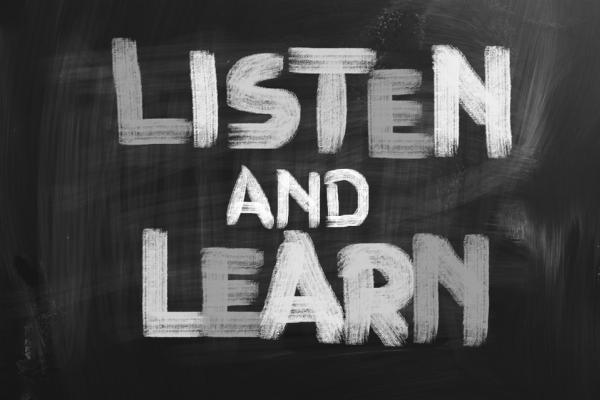A few days ago, a friend of mine commented on a picture I posted on Facebook. It captured one of those rare moments in the daily grind of stay-at-home parenting where — in the midst of the diaper changes, meltdowns, and mealtime madness — there is a moment of pure delight. In this case, my two sons were sitting together for the first time in the front of a race car-themed shopping cart. My 3-year-old son was thrilled to have his infant brother “driving” with him. I couldn’t resist snapping a photo and posting it immediately. Having two sons of his own, my friend commented, “2 boys! What a great idea!”
I thought of this comment last Monday night when I heard the painful news of the grand jury’s decision in the Michael Brown case, and later when I heard of the same conclusion in the Eric Garner case. Yes, it was a great idea to have boys. My husband and I love them more than anything. They’ve brought more joy into our lives than we could ever have imagined. But, I wondered, how different would our experience be if we were parents of black sons instead of white sons? How much more worry and heartache would we face knowing the cards were stacked against them from birth? What would it be like to have to figure out how and when to have the talk — the one about law enforcement, no second chances and the need to go above and beyond in every situation?
I wasn’t always aware of the vastly different realities for people of color living in this country. My conversion was slow. Not the Damascus Road type of experience where I was blind for three days and then instantly I could see. No, it was and continues to be a long, slow, sometimes painful process of listening and learning.
Read the Full Article

